Elon Musk offers a cost-effective alternative to the proposed $20 trillion tunnel, enabling travel from New York City to London quickly.
Elon Musk, the CEO of Tesla and SpaceX, has recently shared his thoughts on a controversial proposal for a tunnel connecting New York City and London.
This ambitious project, often referred to as the Transatlantic Tunnel, is estimated to cost around $20 trillion.
It would allow travelers to make the journey in just 54 minutes.
However, Musk believes there is a better way to accomplish this goal.
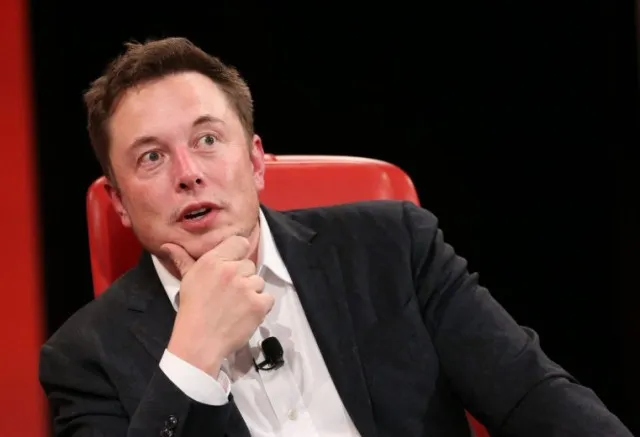
The proposal for the tunnel aims to connect cities.
The idea of a tunnel stretching under the Atlantic Ocean has captured public interest.
The proposed construction would extend approximately 3,400 miles, significantly reducing travel time between these two major cities.
Currently, flying takes around eight hours, so a train ride through a tunnel sounds appealing to many.
Despite its potential advantages, the project’s cost and complexity raise eyebrows.
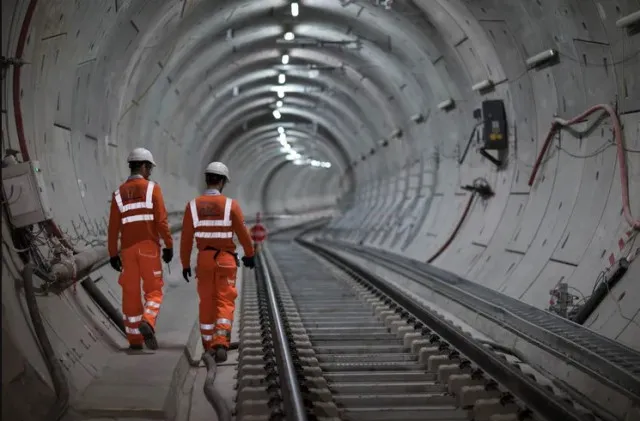
No company has officially committed to building the tunnel yet.
Discussions surrounding the feasibility and logistics of such a massive undertaking remain largely speculative.
The estimated $20 trillion price tag adds to the skepticism, as it raises questions about funding and practicality.
Elon Musk suggests affordable alternative to the $20T tunnel transporting people from NYC to London in 54 minutes
On December 10, 2024, Musk took to Twitter to share his views on the proposed tunnel.
He mentioned that his company, The Boring Company, could undertake the project for a fraction of the estimated cost.
Musk claimed that they could complete it for “1000 times less money.”
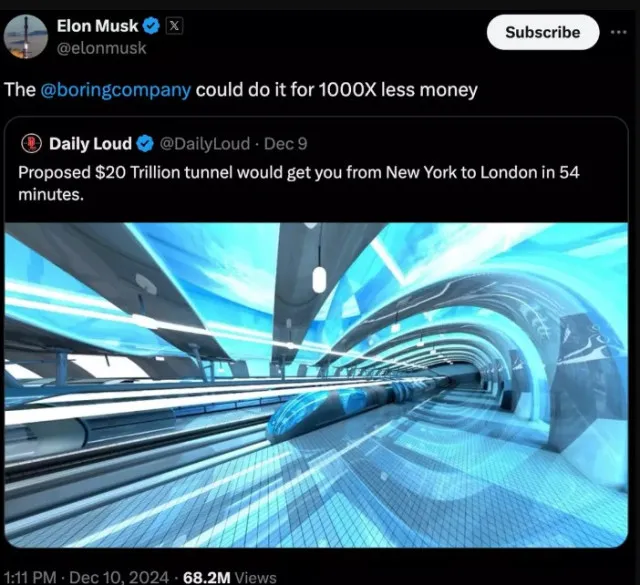
This statement has sparked interest and curiosity about how The Boring Company might approach such a significant infrastructure project.
The Boring Company specializes in constructing tunnels for transportation and utility purposes.
They have successfully completed several projects, showcasing their ability to dig quickly and efficiently.
This experience positions them well to tackle a project of this magnitude, although the Transatlantic Tunnel would be a different scale altogether.
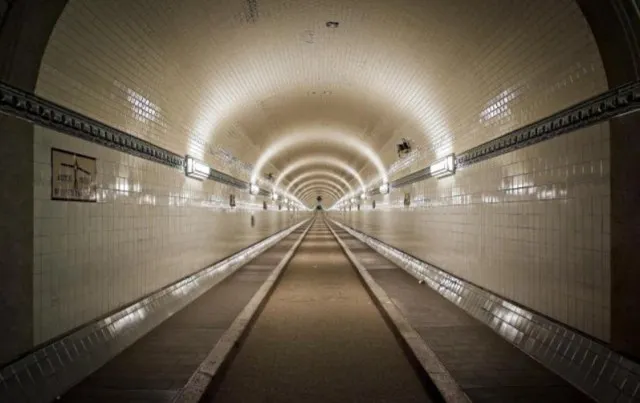
The Boring Company specializes in efficient tunnel construction.
The Boring Company has a track record of developing innovative tunneling solutions.
Their projects include the LVCC Loop, which connects various locations in Las Vegas, and the Hyperloop concept, which aims to revolutionize high-speed travel.
The LVCC Loop, for example, was built in about a year and cost around $47 million for 1.7 miles of tunnel.
Musk’s company focuses on creating low-cost and fast-to-dig tunnels, which could make a Transatlantic Tunnel more feasible.
The technology used by The Boring Company could potentially reduce construction times and costs significantly compared to traditional methods.
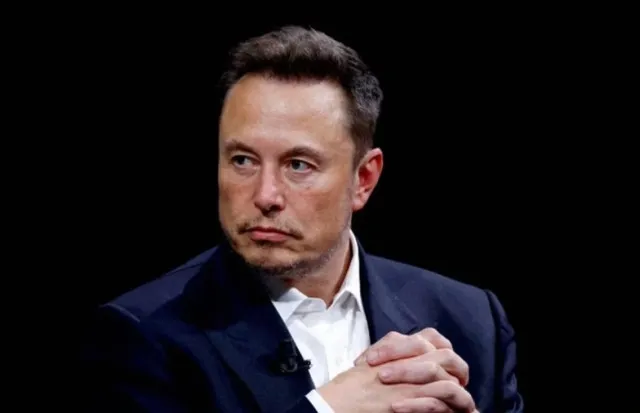
“The LVCC Loop system – a three-station transportation system consisting of 1.7 miles of tunnel – was built in approximately one year (using the now-legacy Godot Tunnel Boring Machine).”
“LVCC Loop connects the LVCC New Exhibit Hall with the existing campus (North/Central/SouthHalls), and reduces a 45 minute cross-campus walk time to approximately two minutes,” it adds.
Numerous challenges must be addressed for successful construction.
Despite Musk’s optimistic views, constructing a tunnel under the Atlantic Ocean poses numerous challenges.
The geological conditions, ocean currents, and environmental concerns are just a few factors that could complicate the project.
Additionally, securing the necessary permits and funding would require extensive planning and cooperation from multiple governments.
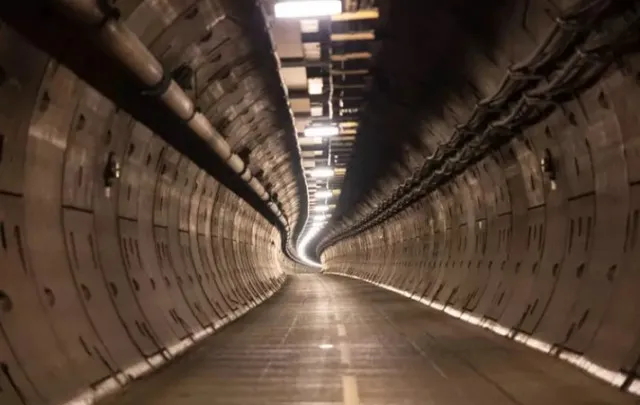
Public safety is another critical consideration.
Ensuring that the construction is safe for travelers, especially in the event of emergencies, would be paramount.
The infrastructure would need to be designed to withstand potential natural disasters and accidents.
While the Transatlantic Tunnel remains a theoretical project, the idea has sparked discussions about the future of transportation.
Innovations in tunneling and infrastructure could lead to new possibilities for global connectivity.
If successful, Musk’s vision and The Boring Company’s expertise could change how we travel between distant cities.